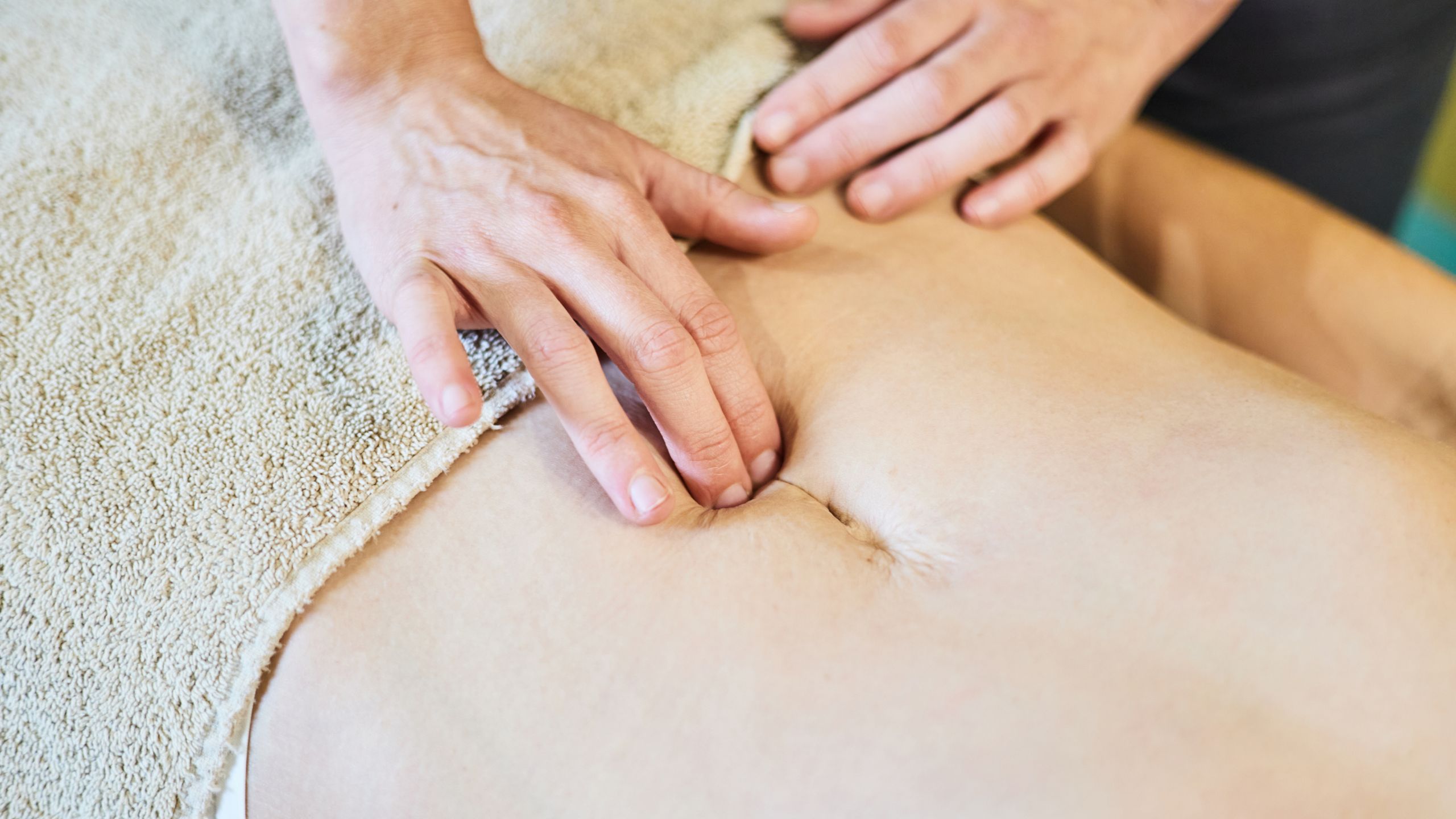Prolapse is a condition that can happen to anyone, but it is most common in women over the age of 50. Many women do not even know they have prolapse because it often does not produce any symptoms. However, if left untreated, prolapse can lead to serious health problems. Here are 10 things you need to know about this condition.
1. Prolapse occurs when the muscles and tissues that support the pelvic organs weaken or stretch, causing the organs to drop down.
2. It is a very common condition, affecting up to half of all women at some point in their lives.
3. Prolapse often occurs after childbirth, but it can also be caused by menopause, being overweight, or simply aging.
4. The most common symptom of prolapse is a feeling of heaviness or pressure in the pelvis. Other symptoms may include urinary incontinence, difficulty emptying the bladder or bowel, and pain during sex.
5. In severe cases, prolapse can cause the organs to protrude from the vagina. This is known as vaginal prolapse.
6. Prolapse is usually not dangerous, but it can be uncomfortable and bothersome.
7. Treatment for prolapse may include lifestyle changes such as losing weight or avoiding heavy lifting, as well as pelvic floor exercises and devices such as pessaries to support the organs. Surgery is rarely necessary.
8. If you are experiencing any symptoms of prolapse, talk to your healthcare provider about treatment options.
9. Prolapse is a very common condition and there is no reason to be embarrassed about it. Many women experience it at some point in their lives.
10. With treatment, most women are able to manage their symptoms and live normal, healthy lives.

